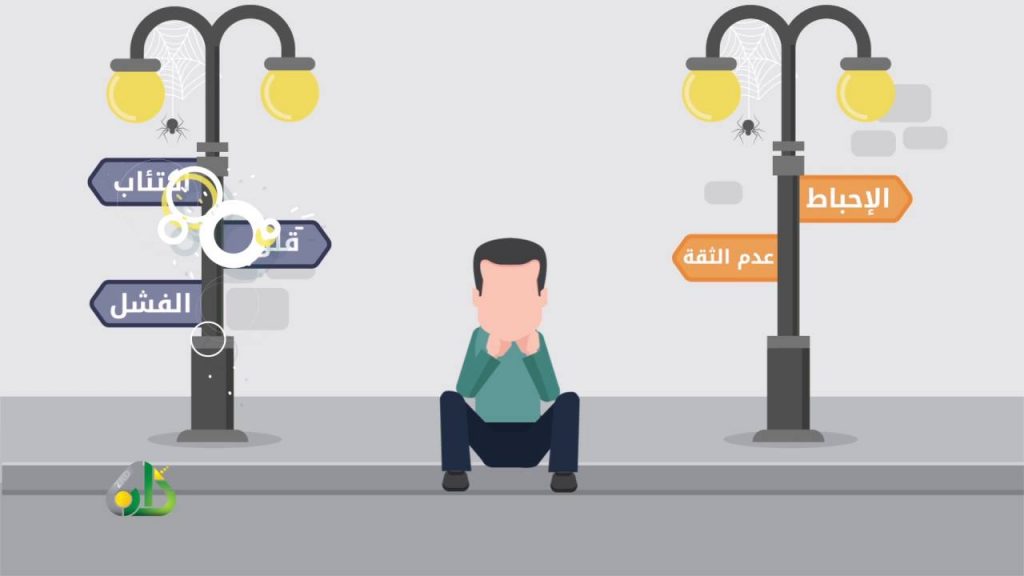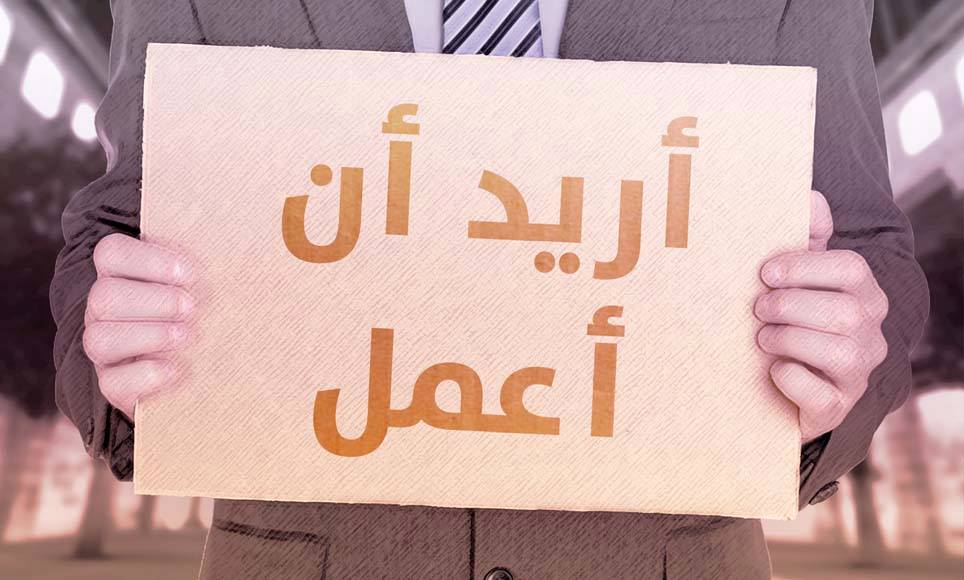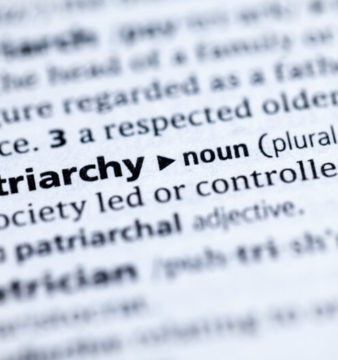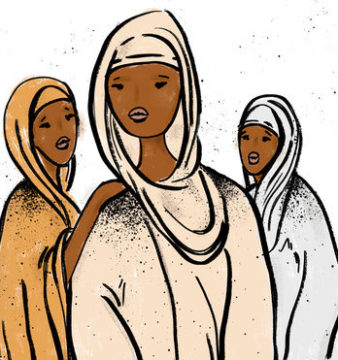The Unemployed Youth Leading the Sudan Revolution

Since December 2018, Sudan has witnessed a revolution that brought millions of people to the streets across the country, calling for ‘Freedom, Peace, Justice. Revolution is the choice of the people’. The protests, triggered by the high cost of living in Sudan, were led by the youth for the youth and future generations.
The youth, who took to the streets, are portrayed and labelled as ‘jobless’. This is a fact. Many young men and women in Sudan are unemployed, which is one of the reasons why they began to protest against the country’s dire political and economic state.
According to a BBC News report, the unemployment rate in Sudan reached 19% (at least 2 million people) in 2016 and rose to 20.6% (at least 5 million people) in 2018.
Sudan has a large youth population with 40% of its population under the age of 15 and 50% are between 15 and 64, according to UNdata, an internet-based data service which retrieves data from statistical databases provided by the UN System.
Although the youth represents the largest segment of society, they face many challenges. The biggest challenge the youth of Sudan face today is in fact unemployment. In addition to the economic woes, unemployment is one of the main reasons the youth led a revolution against the military regime in December 2018.

With unemployment comes social and family pressures, which lead to depression and other mental health illnesses due to the feeling of failure, shame, guilt, stress and more.
‘Being unemployed caused me depression,’ said 25-year-old Abdullah Bashir Hamid, a fresh graduate from the College of Business Studies at the Sudan University of Science and Technology (SUST).
Graduates dream of finding a job that allows them to depend on themselves and live a stable and secure life both financially and socially. ‘I had a lot of plans for after graduation, but I wasn’t able to achieve any of them,’ said Hamid. But why is that?
Unemployment or joblessness is a situation in which able-bodied people who are looking for a job cannot find a job. The causes of unemployment are many and vary from the world economic system, world depression to the economic policies of the country, including labour laws, taxes, and minimum wage. In Sudan, the main cause of unemployment is economic and political instability.
The shortcomings of the education system
One of the main issues of unemployment in Sudan roots back to the education system in the country. There is very little strategic planning to study the needs of the market for specialisations and insufficient job creation for graduates. Most importantly, there is weak government spending on education to provide a healthy learning environment for the students, or new teaching and education technology.
‘Shortcomings in the educational system can be summarised in the lack of consistency between educational material and the needs of the labour market on one hand, and tendencies of the educational process because it is a pure investment on the other. In addition, the labour market depends on bribery rather than efficiency,’ said Hamid. In addition, the educational system doesn’t pay attention to the skills and talents of the students and work on their development.
However, according to Nagi Hashim Elsayed, co-owner and managing director of Synergy Constructions, companies in Sudan willing to hire struggle with: ‘Lack of commitment, for a start, and poor training quality, and when you find someone who’s committed and adequate to the position, they won’t be loyal to the company long enough,’ he said.
In many cases, it is common for Sudanese families especially parents to intervene or pressure their children to pursue certain disciplines – some of which might be undesired by the child. However, 21-year-old Doaa Ismail Abu-Zaid, a final year student at the University of Khartoum (UofK), found the support of her family when she chose to pursue a bachelor’s degree in the French language. ‘Higher education is very useful. It provides me with all the knowledge I need,’ said Abu-Zaid. ‘But I will seek postgraduate studies abroad after graduation.’
Elsayed encourages students to pursue an education in disciplines they desire to ensure success in their future careers paths. ‘They have to determine their true desire and which path and speciality they see theirselves in. Even if it took them up to two years, once they’ve set their path, they can proceed and upgrade their knowledge and experience accordingly,’ he said.
The educational system in Sudan focuses mostly on academic or formal aspects of education, neglecting the practical aspects of education, which offer training and professional experiences. In addition, there is a shortage of institutions offering post-secondary and tertiary education.
Elsayed believes there is a deficiency in skilled labour in Sudan. He attributes it to the ‘lack of technical institutions, and that the graduates seek postgraduate studies without the proper type of practical training.’
Other challenges

The US sanctions on Sudan affected the economy by reducing foreign investments that could create jobs for graduates, and deprived Sudan of modern technology and the use of scholarships, fellowships and other qualifications. A number of factories have closed due to their inability to obtain spare parts and modern operating technology, which led to the number of unemployed men and women in Sudan.
There is a huge gap between graduates and employers and a convergence between the two are necessary. New opportunities need to be created to absorb the largest number of graduates and develop the relationship between graduates and employers by holding conferences, seminars, training courses, and workshops.
In addition, an ecosystem of entrepreneurship needs to be established to encourage graduates to start their own businesses. Initiatives such as Orange Corners Sudan and 249startups work to enable the youth to set up and grow their own businesses by holding workshops and offering a special training programmes and workspaces to reach their full potentials.
Beyond the challenges of unemployment in Sudan, the youth of Sudan face many social, personal and mental instability. Although they are labeled ‘lazy’ and ‘self-entitled’, these are the same young men and women who led a revolution that brought an end to a 30-year dictator. As an image of a new liberal and democratic Sudan seems achievable more than ever before, will the youth have better employment, career development and life opportunities?

Born and raised in Omdurman, Thuraya Salih is a senior student at Sudan University of Science and Technology (SUST) and an amateur writer who is passionate about all forms of art.




